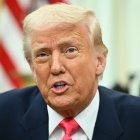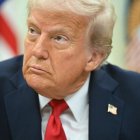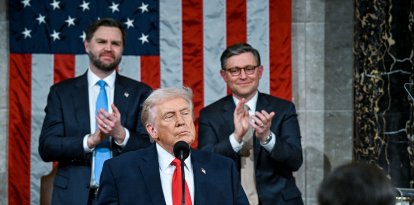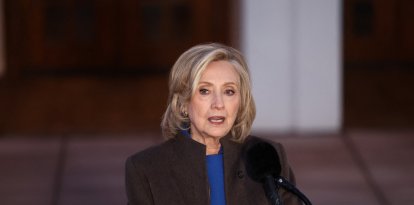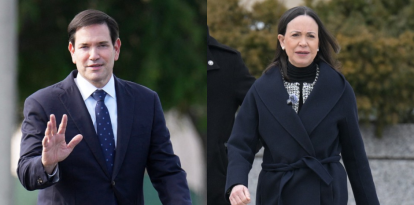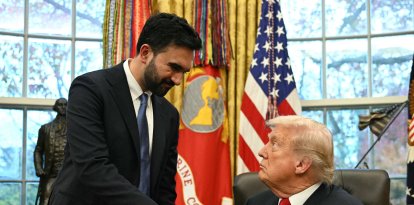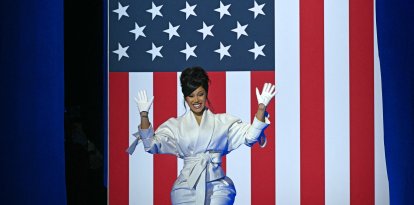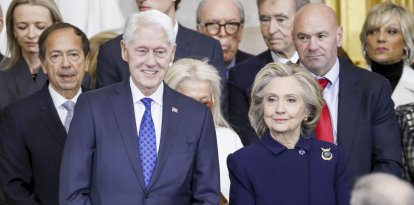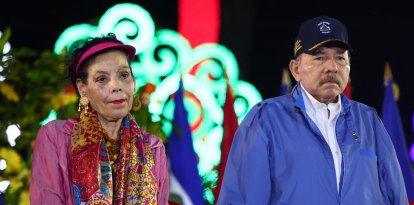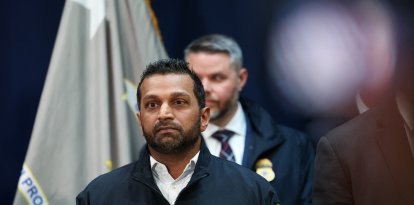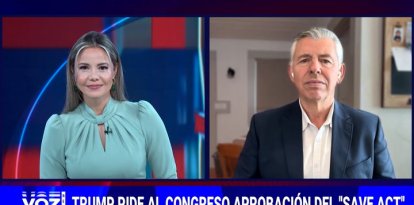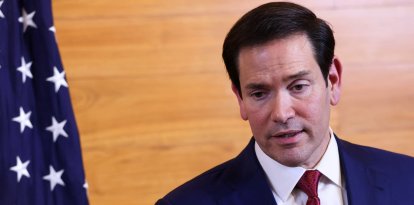More than 70 countries are already knocking on Trump's door to avoid tariffs
Treasury Secretary Scott Bessent anticipated an intense period of negotiations during April, May, and possibly June, given the volume of countries interested in talks.

Scott Bessent/Andrew Caballero- Reynolds.
U.S. Treasury Secretary Scott Bessent said that between 50 and 70 countries have contacted President Donald Trump's administration to negotiate the recently announced new tariffs.
During an appearance Monday afternoon on the program "Kudlow," Bessent highlighted Trump's strategy in trade negotiations and defended the use of tariffs as a tool to balance international economic relations.
According to Bessent, this move seeks to give the United States a position of maximum leverage in the negotiations. "Trump is better than anyone at giving himself maximum leverage," he told host Larry Kudlow. "What he has done is we outlined the tariffs on April 2 and then gave countries several days to think about it."
On his X account he noted, "Almost 70 countries have now approached us wanting to help rebalance global trade. On behalf of @POTUS, I'm glad to join @USTradeRep to open talks with Japan as we work to enact the President’s vision for a new Golden Age of Global Trade.”
Almost 70 countries have now approached us wanting to help rebalance global trade.
— Secretary of Treasury Scott Bessent (@SecScottBessent) April 7, 2025
On behalf of @POTUS, I'm glad to join @USTradeRep to open talks with Japan as we work to enact the President’s vision for a new Golden Age of Global Trade.pic.twitter.com/PGUGjh7JkH
He further explained that his recommendation to foreign officials, issued on April 2 itself, was to remain calm and avoid escalating tensions. Instead, he urged countries to present concrete proposals to reduce tariffs, eliminate non-tariff barriers, stop exchange rate manipulation, and end subsidized financing. "At a point, President Trump will be ready to negotiate," he said.
On Monday, Trump reported talking with Japanese Prime Minister Shigeru Ishiba and appointed Bessent along with U.S. trade representative Jameson Greer to lead tariff negotiations with Japan.
Bessent noted that Trump also plans to be directly involved in these discussions, stressing the importance of military and economic ties between the two countries. Although he has not yet seen specific offers from Japan, Bessent indicated that Japan could be given priority in the negotiations because of the speed with which contacts have advanced.
The Treasury secretary anticipated an intense period of negotiations during April, May, and possibly June, given the volume of countries interested in dialogue. "50, 60, maybe almost 70 countries" have contacted the Trump administration seeking to negotiate, he told Kudlow.
He also defended the administration's approach in using trade deficits as the basis for calculating reciprocal tariffs, arguing that "academic studies have shown that it's the non-tariff trade barriers that are the real problem in the U.S. having free and fair access to these markets."
A possible deal with Japan
When Kudlow asked whether a trade deal with Japan could be finalized in the coming weeks, Bessent was optimistic but cautious. “We are at a maximum tariff level, and it is my hope that through good negotiations, all we will do is see levels come down,” he replied.
However, he emphasized that the outcome will depend on the willingness of other countries to cooperate. “President Trump is going to be personally involved in these negotiations, and he believes, as many of us do, that there's been an unfair playing field, so the negotiations are going to be tough,” he added.
For him, Trump's strategy not only seeks to protect U.S. interests but also to pressure other countries to adjust their trade policies. With the president directly involved and a team led by Bessent and Greer, the Republican administration seems determined to reshape global trade relations in the coming months.





